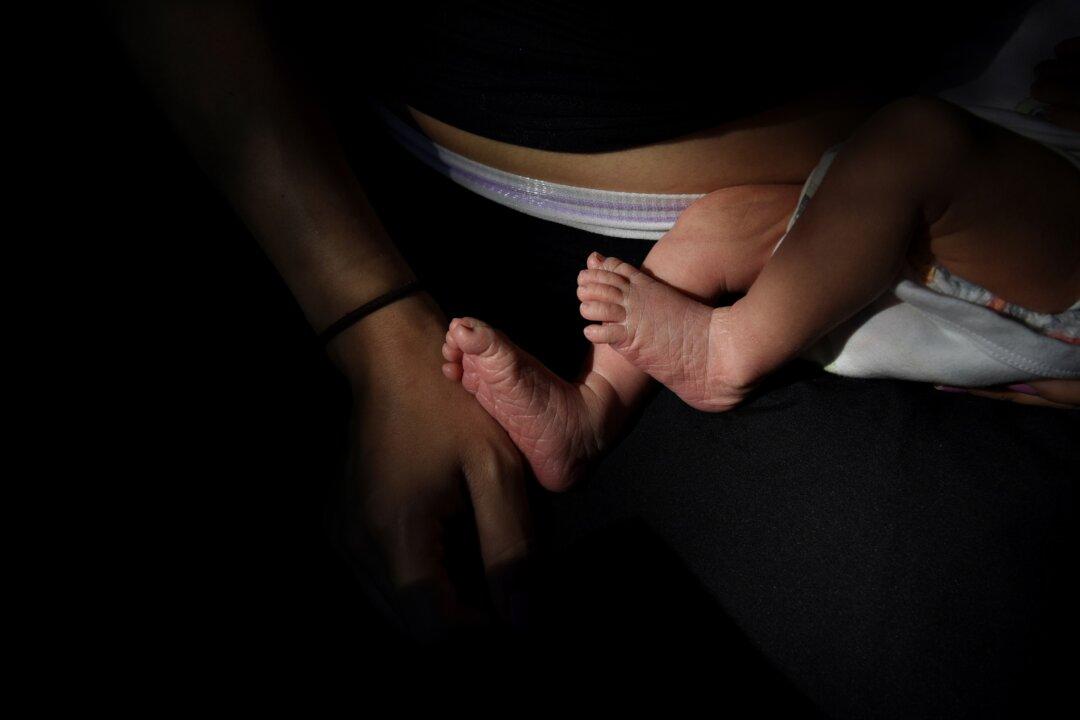The number of newborns with syphilis in the United States surged more than 10-fold in the last decade, the U.S. Centers for Disease Control and Prevention (CDC) reported on Tuesday.
The agency said 3,761 cases were recorded in 2022, the highest in over 30 years, up from 334 cases in 2012. The 2022 cases included 231 stillbirths and 51 infant deaths.





